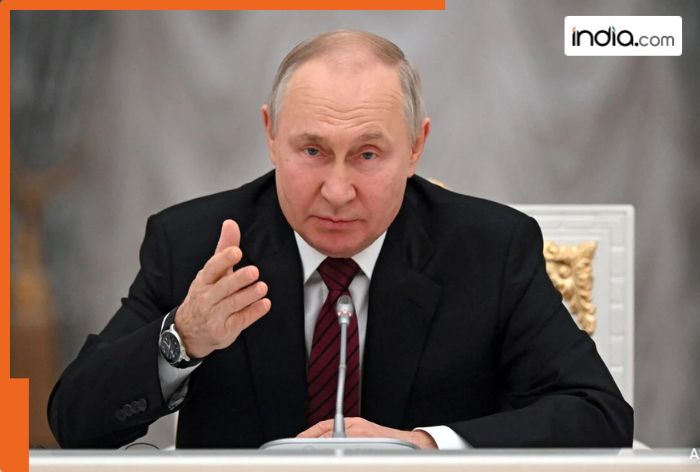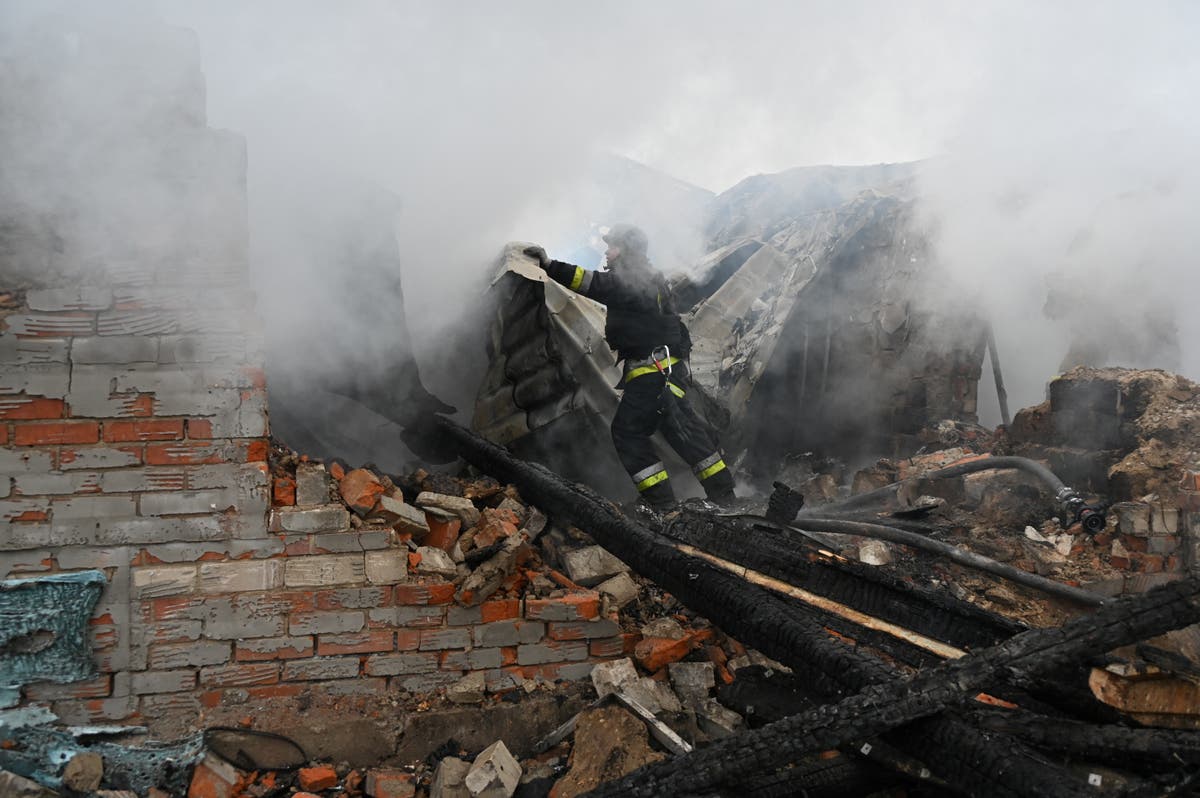Trouble lies ahead for European luxury brands and car makers as China’s slowdown hurts profits, share prices, valuations and jobs

From luxury brands to car makers, European companies are taking a hit from China’s slowdown, and more trouble is coming for businesses heavily reliant on demand in the Asian economic giant.
Hugo Boss AG, Burberry Group Plc, and Daimler Truck Holding AG are among the high-profile names whose bottom line has been hurt by customers there turning more cautious. LVMH joined the growing list late Tuesday, reporting that sales in the region that includes China dropped 14% in the second quarter.
LVMH shares fell 5% early Wednesday in Paris, and they’ve lost 23% over the past 12 months.
Less money spent on European goods has severe implications for profits, as well as creating risks for share prices, company valuations, even jobs. Swatch Group, for example, saw China sales plunge 30% in the first half and is cutting production.
Executives may hope this is a short-term blip, but it’s not clear how China turns things around. It’s dealing with multiple problems, from a deepening property crisis to faltering consumer spending and rising trade tensions.
Goldman Sachs strategists are recommending that investors sell European stocks that derive the bulk of their sales from China.
“We are concerned about the exposure to China,” said Arun Sai, senior multi-asset strategist at Pictet Asset Management. “Profit warnings from European companies again this earnings season have already flagged the risk of weaker-than-anticipated demand from China, especially the consumer.”
In the near-term, the impact of China’s downturn has already trickled through into earnings, boding ill as the reporting season heads toward its peak in the days and weeks ahead.
Luxury brands in particular pinned their fortunes on the lucrative Chinese market in recent years, but the slowdown is now putting them under pressure.
Shares in Hugo Boss and Burberry were among those to suffer last week as the two fashion groups issued profit warnings. German car maker Porsche AG slumped on Tuesday after a supply shortage added to the pressure from the slowing sales in China.
And industrial goods manufacturers are also in focus after ABB Ltd. blamed a double-digit drop in Chinese orders for its poor quarter.
A Goldman Sachs basket of European stocks with high sales exposure to China has underperformed the broader market this year. Strategists including Lilia Peytavin advises selling such stocks in favor of those more reliant on US sales.
Chinese authorities did announce some growth-friendly measures at their recent twice-in-a decade Third Plenum, but they showed little urgency to boost demand or arrest the property slump. It means European companies that benefited during the country’s boom time are likely facing a continued slowdown in Chinese appetite for foreign goods and services.
Germany looks especially vulnerable, with UBS strategists estimating it accounts for half of the European Union’s exports to China.
Among individual companies, it highlighted miners BHP Group and Rio Tinto Plc, bank Standard Chartered Plc and car maker Volkswagen AG as firms that earn more than 40% of their revenue from the country.
“China’s domestic weakness has been a multi-year drag but was overshadowed by strength in the US,” strategists led by Gerry Fowler said in a note. “Now that both regions appear to be slowing, the nascent European recovery is vulnerable, again, to external forces.”
Swatch, the maker of Omega, Blancpain and Tissot watches, is responding to the drop in China demand by lowering production by between 20% and 30%. It’s also cutting costs, but isn’t reducing its workers in Switzerland in a significant way.
Chief Executive Officer Nick Hayek says the company wants to be ready to ramp up production when China demand recovers, though he doesn’t expect a significant turnaround this year.
Investor nervousness around tariffs has also hit semiconductor equipment maker ASML Holding NV, Europe’s third-largest company by market value.
Reliant on China for almost half its sales, ASML saw its stock tumble 17% last week on concern the US could slap fresh curbs on companies that supply Beijing with advanced chip technology.
Finally, China is a problem for some European manufacturers as it emerges as a competitor, threatening profits in a range of sectors, from semiconductors to chemicals.
That rivalry is also playing out in the form of tariffs, with the EU imposing temporary duties on electric vehicles made in China. The uncertainty is already affecting earnings: Sweden’s Volvo Car AB has trimmed its auto sales forecast for this year, given its EVs are made in China.
As the earnings season continues, “people will be looking particularly at guidance from the more export-sensitive European names, just looking for any signs of how they’re seeing both the impact of China as an end market, but also as a competitor,” said Sunil Krishnan, head of multi-asset funds at Aviva Investors. “That is going to be an important theme.”
Related
Southgate says he decided to leave England job before Euro…
Gareth Southgate has revealed that he made the decision to step down as England manager before the Euro 2024 final in July, in which England lost to Spain.He ch
Gareth Southgate knew he was leaving England job before end…
Gareth Southgate has revealed he decided to step down as England manager before the end of Euro 2024. Southgate said in the immediate aftermath of England’s 2
Europe’s start-up ecosystem is evolving, with big investment returns now…
The future of a competitive Europe depends on innovation. To keep pace with other regions in an increasingly unstable geopolitical world, the E
/origin-imgresizer.eurosport.com/2024/12/22/image-284cc8ce-7ccf-402a-893c-d8c07ea741b7-85-2560-1440.jpeg)










